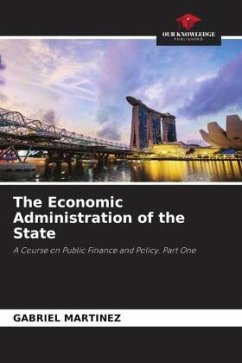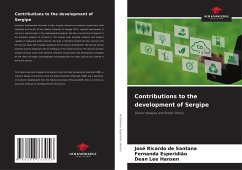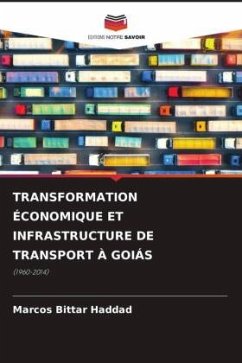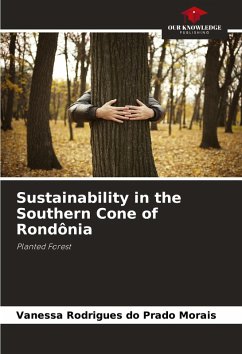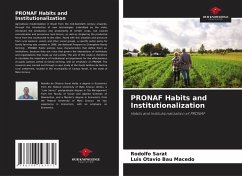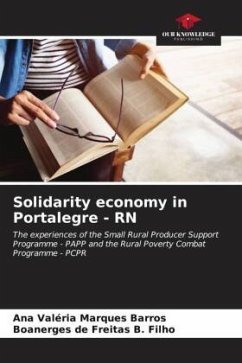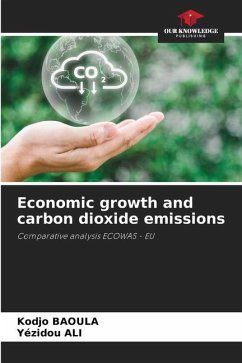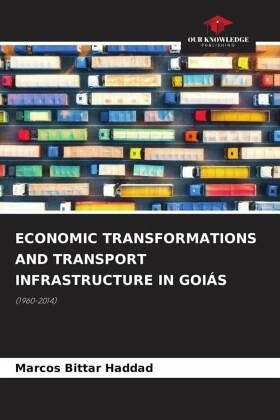
ECONOMIC TRANSFORMATIONS AND TRANSPORT INFRASTRUCTURE IN GOIÁS
(1960-2014)
Versandkostenfrei!
Versandfertig in 6-10 Tagen
56,99 €
inkl. MwSt.

PAYBACK Punkte
28 °P sammeln!
This book, the result of a doctoral thesis, analyzes the economic trajectory traveled by Brazil, with a focus on the state of Goiás, in the period between 1960 and 2014. Initially, a theoretical approach is made about the circulation of capital, in the Marxian view. The existence of a transportation infrastructure network is fundamental for the installation of productive units in the territory. Besides favoring a rapid circulation of capital, the transportation infrastructure can attract investments that promote regional development. Next, it approaches the Brazilian economic trajectory, inse...
This book, the result of a doctoral thesis, analyzes the economic trajectory traveled by Brazil, with a focus on the state of Goiás, in the period between 1960 and 2014. Initially, a theoretical approach is made about the circulation of capital, in the Marxian view. The existence of a transportation infrastructure network is fundamental for the installation of productive units in the territory. Besides favoring a rapid circulation of capital, the transportation infrastructure can attract investments that promote regional development. Next, it approaches the Brazilian economic trajectory, inserting the theme of road-rail transport. The emphasis in the last chapter is on the tax incentives granted by the state government, which, after practicing tax waivers for so long, was left with no capital to invest in the state's road infrastructure. The whole discussion is illustrated with secondary data from official research organs such as IBGE and IPEA. Specifically for Goiás, primary data was obtained in field research, from official state government agencies, such as IMB, AGETOP and SED, and also secondary data from entities such as the IMB, besides IBGE and IPEA.



